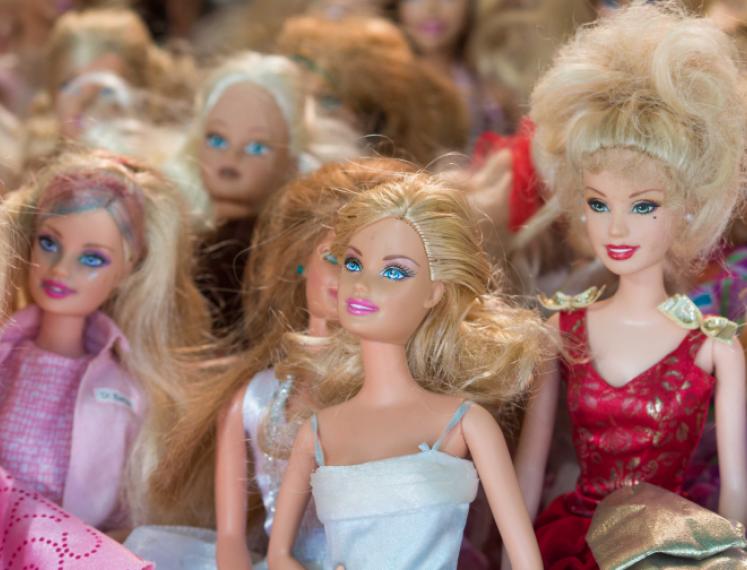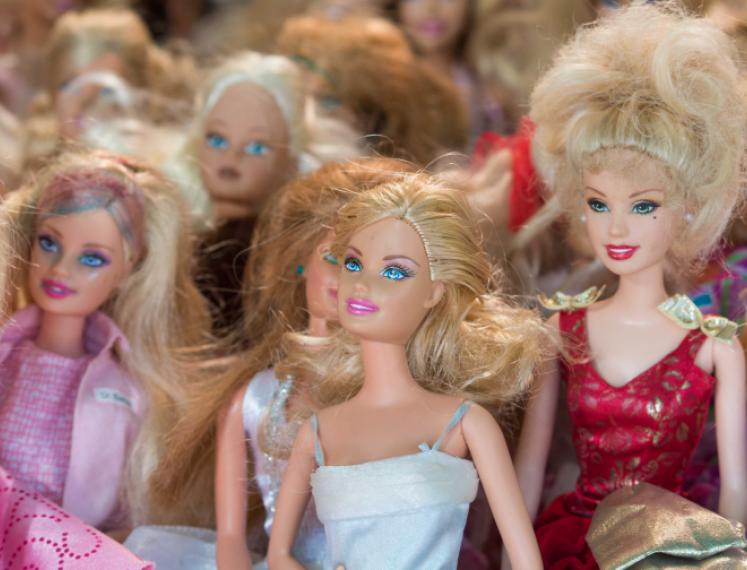Academy Building
Broerstraat 5
Groningen
Nederland
Lookism, Discrimination and Shame
The way you look is becoming more important as our culture moves from a text-based culture to an image-based culture. As it does so our value framework changes, such that who we are has become directly connected to how we look, and we seek to change our bodies to improve ourselves. One consequence of this value shift is the rise of lookism; discriminatory treatment by others, and harsher judgements of ourselves. Philosopher Heather Widdows explores the rise of lookism in the context of a culture which is valuing appearance more. She explores this phenomenon, arguing that it is both extensive and corrosive. Those who are unattractive are disadvantaged in the job market, in the classroom and in the courtroom. She charts how lookism, in the practice of body shaming, negatively affects individuals’ self-conception. She draws an analogy with sexism to show that arguments that lookism is ‘normal’ or ‘natural’ should not prevent us from naming lookism as a form of discrimination and seeking to address it through changing attitudes and regulatory intervention.
Heather Widdows is a Philosopher at the University of Warwick. She is the author of four books The Connected Self: The Ethics and Governance of the Genetic Individual (2013), Global Ethics: An Introduction (2011), and The Moral Vision of Iris Murdoch (2005). Her most recent book Perfect Me: Beauty as an Ethical Ideal (2018) is internationally acclaimed. Vogue described it as “groundbreaking”, Maclean’s as “a buzzed about book” and The Atlantic as “a scholarly work that is urgently relevant to the current cultural moment” and one of the best books of 2018. She was Deputy Chair of the Philosophy sub-panel for REF 2021 and was a member of the 2014 sub-panel and served two terms of the Nuffield Council on Bioethics.
Unfortunately, there will be no livestream available.


